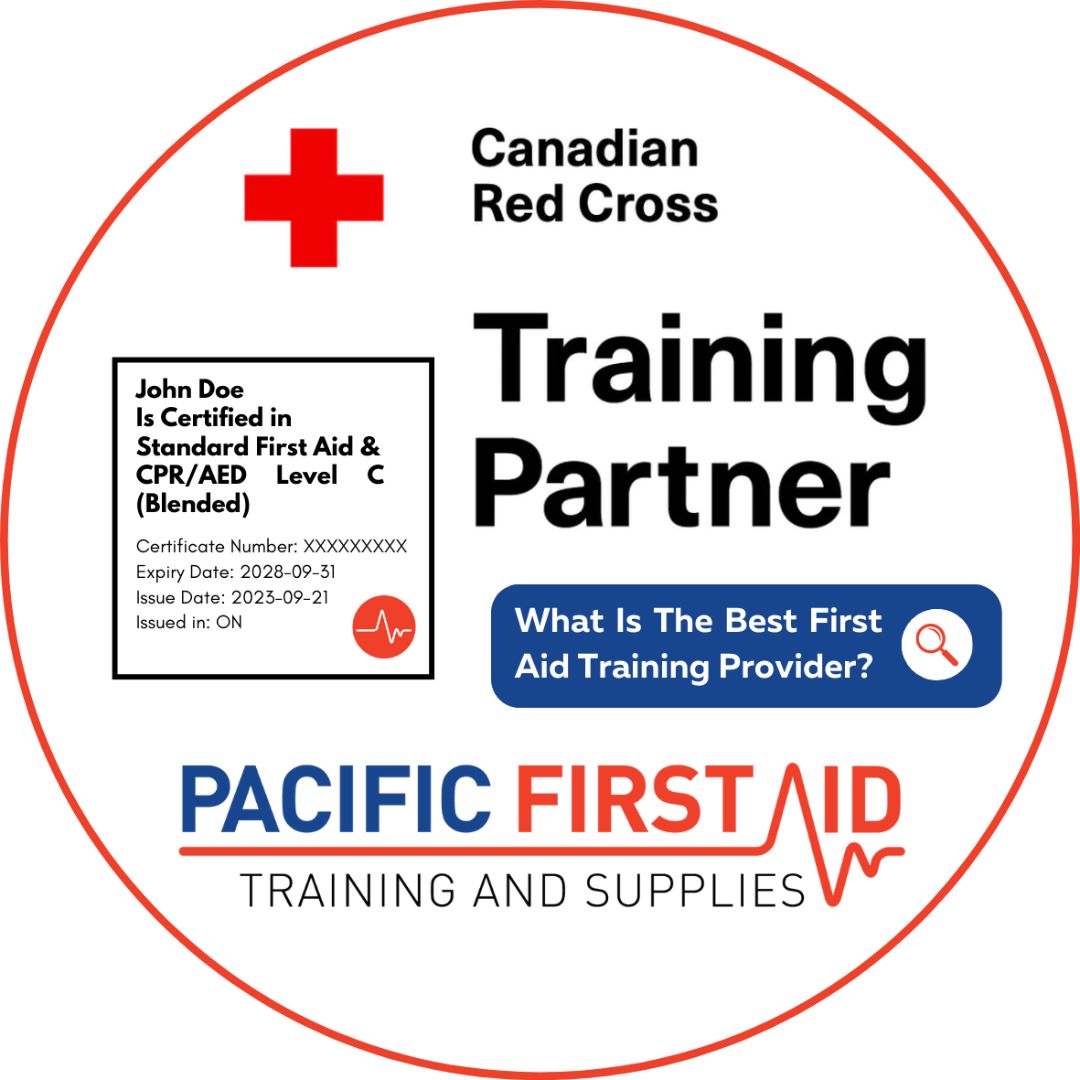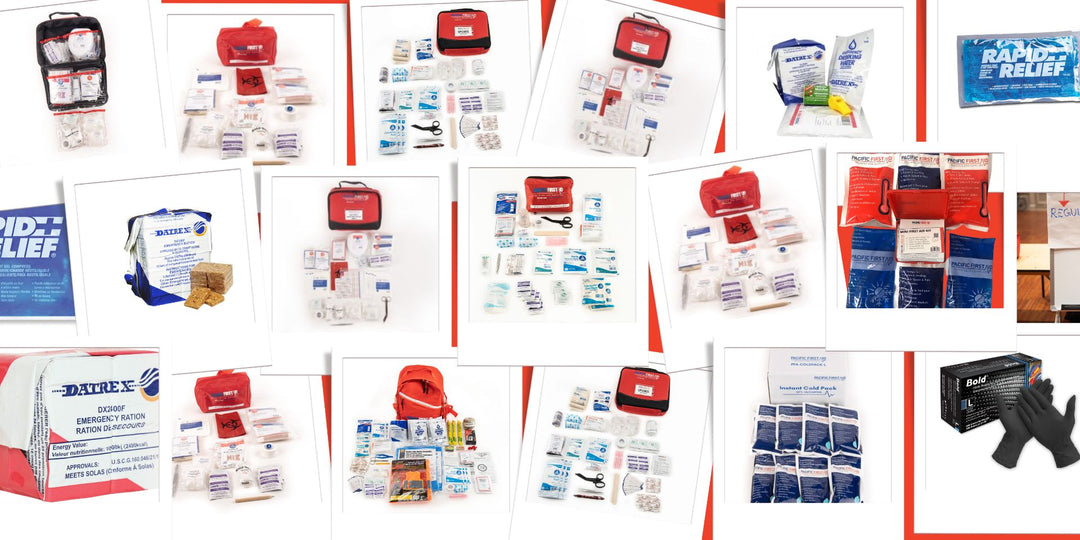
Cyber Safety: What not to do online
Teaching yourself as well your kids how to be safe online is crucial for any family with wifi access. Even though a lot of people use apps, understanding websites and basic internet safety rules are essential. Create an e safety plan for children by teaching them what they can and can’t do when using a computer or app.
What is internet safety?
Internet safety (also known as cyber safety) means being aware of the dangers of being online and social media. This includes both personal information and device safety. It’s important to develop good internet habits when your kids start using their own phones and computers.
What are the dangers of the internet?
Like a lot of potential dangers, internet problems can start if your child doesn’t look after their personal information properly. For example, kids can forget their personal passwords, click on popup ads which can take them to inappropriate websites, use your credit card to purchase items online and more. Another issue is cyberbullying. This type of bullying can lead to mental health problems so make sure to promote mental health awareness to your kids. These can cause potential problems down the road if they aren’t monitored. A few potential dangers include:
• Cyberbullying
• Invasion of privacy
• Unsafe and age inappropriate websites
• Identity theft
• Interactions with strangers online
Here are a few things you can do to avoid unsafe internet practices:
1) Keep personal information limited and professional
No matter how old you are, it’s important to keep your information private. In the future, potential employers could look you up and do a background check, and any personal information could affect you later in life. For safety reasons, avoid adding your phone number, home address and SIN number online as well.
2) Adjust your privacy settings
You can install or enable certain privacy settings when using specific websites. For example, bigger websites like Facebook allow you to turn on certain privacy settings so your profile won’t show up publicly. This helps to protect your information from hackers and marketers. Some of these settings can be hard to find as most companies want your personal information for its marketing value (such as targeted ads).
3) Be aware of the things you download
More and more, cyber criminals are becoming better at hacking the average person. They can trick you into downloading malware or apps that carry malware to try and steal your information. They can be disguised as computer games, ads or basic links. Don’t download apps that look suspicious or come from websites you’re not familiar with.
4) Pick strong passwords
Passwords are one of the biggest pain points when it comes to internet security. In general, a lot of people have a tendency to choose the same password for multiple websites or they choose easy passwords like “1,2,3,4,5” which is easy for hackers to guess. You can also use Password manager software, like 1Password, which stores your passwords and keeps them protected.
5) Keep your Antivirus programs up-to-date
One of the best things you can do to protect your devices is to install internet security software. It doesn’t protect you against everything but it does detect and remove most malware. Make sure to keep updating it when required as they provide a vital layer of security.
Closing thoughts
The best thing you can do is teach your kids and yourself what to look out for when browsing the internet. Avoid sketchy websites, clicking on pop-up ads and don’t give out any personal information. By keeping all of these in mind, you and your family will have a safe website and internet experience and you can create a safety plan for your children if things go awry.






